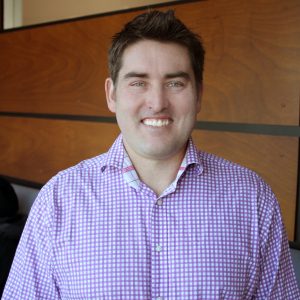Gordon Bohlmann Owner

BIO:
Gordon Bohlmann has started his career as a physiotherapist in 2000. During these years, he has worked in South Africa and Canada in private practice and hospital settings. He has also worked at the Sports Science Institute of South Africa where he gained valuable experience working with National and International Athletes.
Prior to becoming a physiotherapist Gordon spent 4 years training and working in the field of sports science and exercise physiology. During these years, he gained a unique insight into the mechanics of many different sports, and how incorrect mechanics can lead to injury. Gordon is the current owner and director of Marpole Physiotherapy and Arbutus Physiotherapy and Wellness Clinics.
Gordon has served as a consulting member of the ISTOP (Institute for the Study and Treatment of Pain) education committee, and is currently a clinical instructor to the University of British Columbia Gunn Intramuscular Stimulation education program. In 2013 Gordon became a registered diagnostic medical sonographer (RMSK) and is a member of the ARDMS and the BC Society of Sonographers. Gordon teaches GUNN IMS and MSK Ultrasound to physiotherapists and other medical professionals.
In his spare time, Gordon enjoys spending time outdoors, road biking surfing, skiing and kiteboarding. Gordon, his son Connor, daughter Brooklyn enjoy bike riding, going to the beach and traveling together. Categories: IMS, Manual Therapist, Registered Physiotherapist

